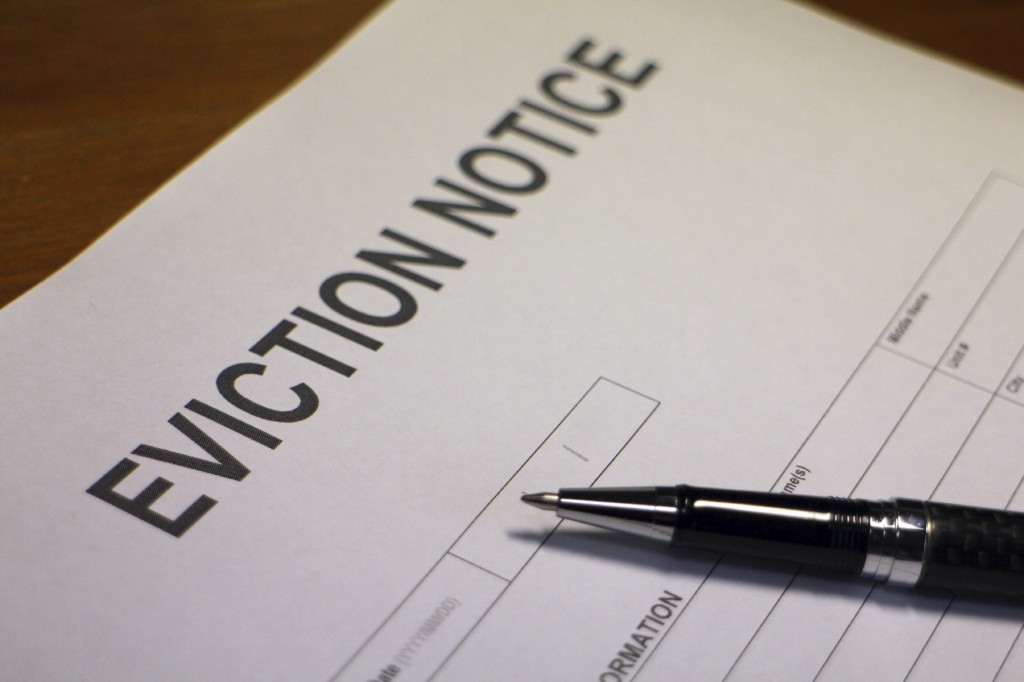What is Revenge Eviction?
As a tenant, you may already know about revenge eviction. Perhaps you’ve already experienced one. Otherwise known as retaliatory eviction, it happens when a tenant is shown the door because the landlord doesn’t want to deal with his or her complaints or request for repairs.
Revenge Eviction more recently hit the headlines because of a reworking of Victorian rental laws allowing landlords to serve eviction notices electronically, rather than the original method of registered post. There are concerns that this violates tenants’ rights and that tenants could become more vulnerable to revenge eviction if the changes are approved by Victorian Parliament.
See also: Tenants’ Rights and Factsheets
Channel 9’s A Current Affair recently highlighted the problem claiming revenge evictions are happening all across Australia. In the coverage, the CEO of Tenants Union Victoria, Mark O’Brien, made his disapproval for electronic eviction notices clear, claiming the eviction process shouldn’t be quick and dirty, “The legislation in all the states in Australia should be much tighter so tenants can feel free to exercise their rights without the fear that they’ll be evicted, or that their rent will be increased.”
But the president of Real Estate Institute Victoria, Geoff White, claimed Australia Post can no longer be trusted to deliver eviction notices and believes, “The changes will modernise Australian rental laws bringing the processes for property managers into the 21st century.”
In the UK, the move to serve eviction notices electronically caused protests outside British Parliament and the practice was made illegal.
Receiving an eviction notice can be a shocking, stressful experience. Many tenants believe receiving such news via email or text message when they could be at work or in an appointment, would be inappropriate.
How can you protect yourself against revenge eviction?
As a tenant, you have a legal right to report or complain about issues with your rental property, but those rights aren’t always exercised because of fear of eviction. And the biggest problem with revenge eviction is that it’s difficult to prove with landlords often not sighting their true reason for evicting.
It can be a traumatising, debilitating experience for renters.
But the good news is you do have some power.
- Under The Residential Tenancies Act (RTA), a landlord must give you a valid Notice to Vacate. The RTA states a number of reasons where a tenant can be served an eviction notice. The length of notice period varies depending on which state you live in, whether you have a fixed term tenancy agreement and the reasons for eviction. (Unfortunately, landlords can serve a 120-day no-reason Notice to Vacate when the rental agreement isn’t under a fixed term or the fixed term period has expired.)
- If your landlord serves you an eviction notice that is in breach of your contract or which seems unreasonable or without warrant, you might like to enlist the help of a local tenants’ advice and advocacy service. Many of these agencies provide free advisory services to vulnerable tenants about their rights and obligations under the Residential Tenancies Act and assist them with preparation for tribunal hearings.
- It’s your landlord’s responsibility to fix repairs you didn’t cause. If repairs aren’t carried out within the required timeframe, you can apply to have your rent reduced.
- While your requests for repair works aren’t always met by landlords (and you can’t stop paying your rent without breaching your tenancy agreement), you may be entitled to apply to have your rent paid into a special account until the repairs are done.
All of these issues should be directed to your relevant office for Fair Trading or Consumer Affairs.
“Do you think landlords should be able to serve eviction notices to tenants by text message or email?” #RevengeEviction click to tweet
Keep informed with these handy tools and resources
- RentRight is a free smart phone app aimed at Victorian renters, but applicable to all Australians. The app helps renters manage their tenancies including information about rights and responsibilities and templates for sending emails about common issues like ending leases.
- Tenant Help offers state-by-state advice about all rental issues including terminating lease agreements.
Seeking advice and directing complaints
Each state has its own office for Consumer Affairs or Fair Trading where you can seek advice about your options:
Sadly, there isn’t enough protection for tenants in Australia when it comes to revenge eviction. Laws to protect both tenants and landlords often clash making them difficult to enforce and illegal evictions can be impossible to prove.
“There isn’t enough protection for renters against Revenge Eviction in Australia – what are your thoughts?” #TenantsRights click to tweet
If you keep yourself informed about current legislation and your tenant rights, you’ll be better equipped when dealing with tricky landlords, hopefully resolving disputes before they progress to a tribunal hearing.
We’d love to hear your opinions.
- Have you ever experienced a revenge eviction?
- Do you think landlords should be allowed to serve eviction notices by email or text message



